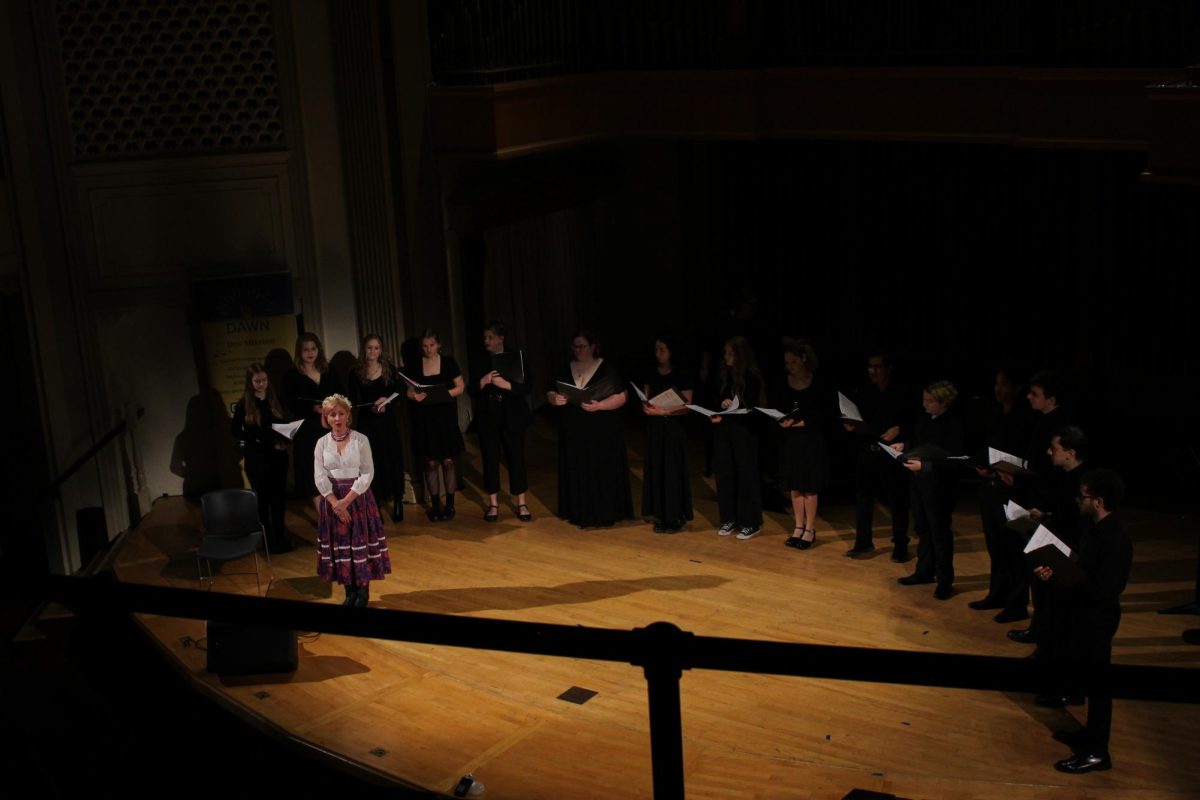Amber McKenna
Editor in chief
With diminishing world markets and billion dollar bailouts, it is hard to find a positive light in the country’s economic crisis, but some at Linfield are using it as a learning experience.
“What has the market done today? What sort of policy action is the government taking?”
These are a few of the questions Professor of Economics Randy Grant asks his classes on a daily basis. Grant said he uses the drop in the market and talks of bailout as subject matter in his classes.
Senior economics major Lacy Smith said hearing her professors’ viewpoints on recent market happenings have been a great source of knowledge for her.
“I’m learning a lot from it,” Smith said. “There is something new everyday.”
Every year macro economics students are required to do a forecasting project on a particular variable in the market; however, this year the market will prove difficult to predict, Grant said.
“It’s an exciting time to be an economist and a scary time to be a person,” he said. “I told all of my classes today, ‘Stay in school.’ It is a haven for people when the economy is doing poorly.”
Grant thinks the downturn in the country’s finances will have an impact on students outside of the classroom.
“The biggest impact on students will be in their ability to pay for schooling,” Grant said.
He cites the availability of student loans and the unwillingness of lenders to take risks during a time of credit crunch as problematic for students. As well, many parents will have trouble financing their children’s education as their financial investments deteriorate, Grant said.
“It is more likely to affect schools like Linfield where the price tag can be higher,” he said.
Grant suggests students steer clear of financial issues while they can.
“It’s a good time to consider alternatives to going straight into the workforce,” he said.
Smith said students think what happens with the economy does not affect them, but unemployment definitely will.
Although the downturn in the market may come as a surprise to the general public, Grant said it is something professionals in the field have been expecting.
“The party can’t last forever,” he said. “You have to face the hangover sooner or later.”
However, the country is not technically in a recession, Grant said. In a traditional sense, a recession occurs when Gross Domestic Index growth is negative for at least two quarters. He said he thinks redefining the meaning of a recession may be necessary but somewhat unlikely as the election draws closer.
“The people in power don’t want a recession on their watch,” Grant said.
Whether in a recession or not, Grant said he thinks learning to think of things economically makes for better decisions.
“Everyday you are making hundreds or thousands of economic decisions,” he said.






